Škoda has revealed its all-new compact SUV, the Karoq, which will go on sale later this year.
Joining the party alongside its Seat Ateca and Volkswagen Tiguan siblings, the Karoq comes with a choice of five engines and two or four wheel drive.
There are five driving modes to choose from, including one specifically for off-road driving. There are also driver assistance systems which include Park Assist, Lane Assist and Traffic Jam Assist. Blind Spot Detect, Front Assist with predictive pedestrian protection and Emergency Assist serve to increase safety.
The luggage compartment has a capacity of 521 litres with the rear seats in place. With the rear seats folded down, the volume increases to 1,630 litres. The three rear seats are separate and can be individually adjusted and also be completely removed.
The freely programmable digital instrument panel is available for the first time in a ŠKODA. In the ŠKODA KAROQ, the cockpit displays can be set to the driver’s individual preferences.
Full-LED headlights with clear-lens optics are available as an option for the ŠKODA KAROQ from the Ambition trim level upwards. In the interior, new LED ambient lighting in the decorative door trims and the dashboard creates a pleasant atmosphere, which can be set to one of ten colours.
The most frugal Karoq is the 2.0-litre TDI diesel. It produces 150PS and emits 115g/km. There is also a 1.6-litre diesel with 115PS but it has slightly higher emissions of 118g/km. Undoubtedly the larger engine will cost more so company car drivers should still pay less tax with the smaller unit.
There are also two perol engines, a 1.0-litre TSI and 1.5-litre TSI. Power outputs match those of the two petrols and CO2 emissions are 117g/km and 119g/km respectively.
The flagship engine is a 190PS version of the 2.0-litre diesel. It develops 190PS meaning it can reach 62MPH in less the eight seconds. With four-wheel-drive as standard, emissions are higher at 138g/km.
Škoda Connect provides additions to the infotainment offering. Infotainment Online services provide information and entertainment, and the Care Connect services provide support in numerous situations as well as remote vehicle access.
Prices are yet to be revealed but the Yeti replacement is expected to cost from £17,500 when it goes on sale towards the end of the year



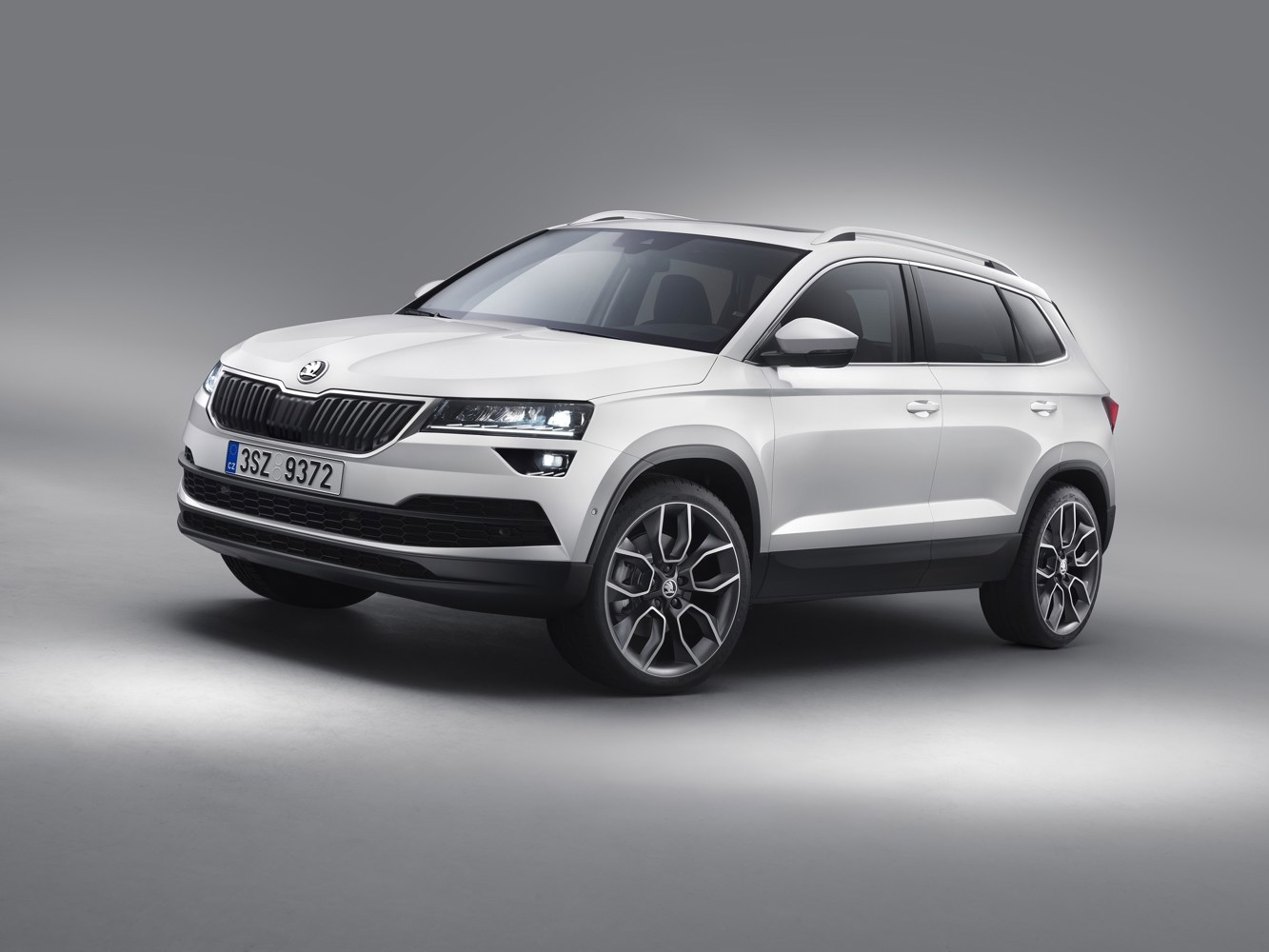

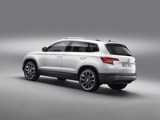
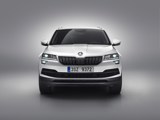

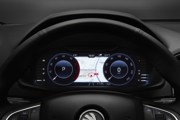
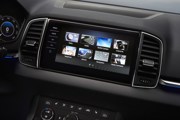

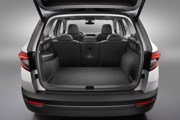
















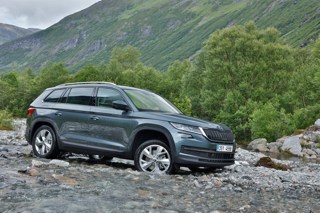
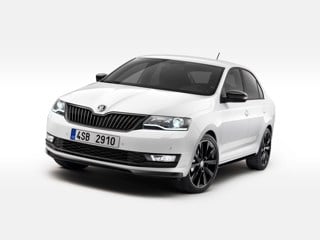
The Engineer - 22/05/2017 19:25
I wonder if a 1.5tsi with an auto box will scrape under the 130g/km level? sounds like a nice choice to me.